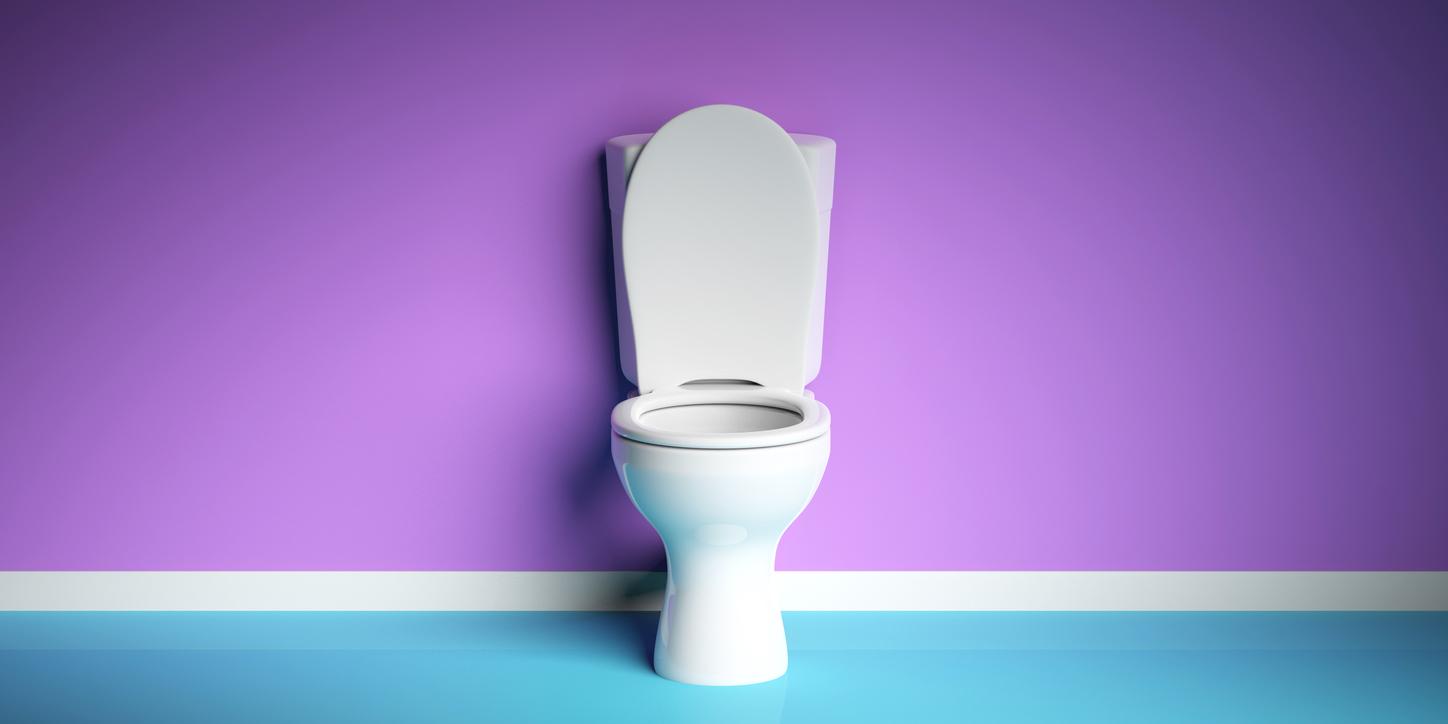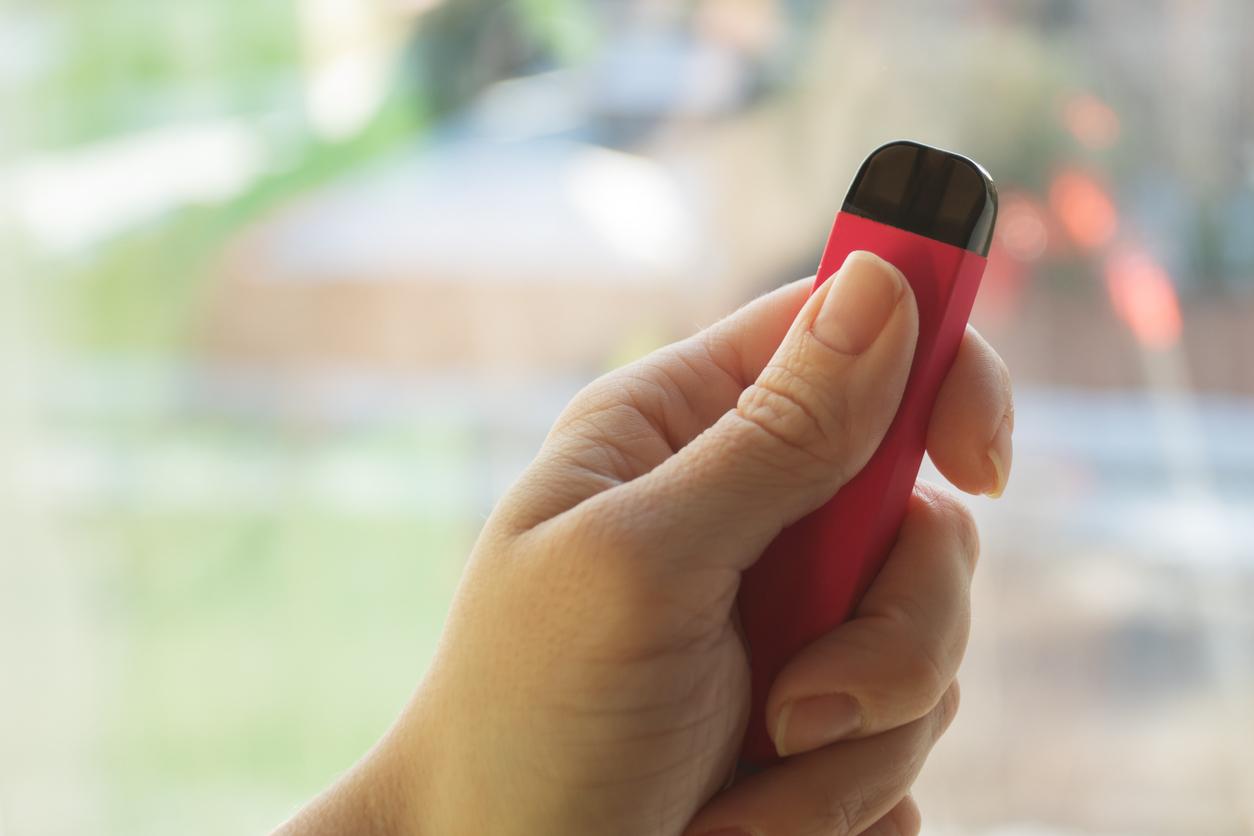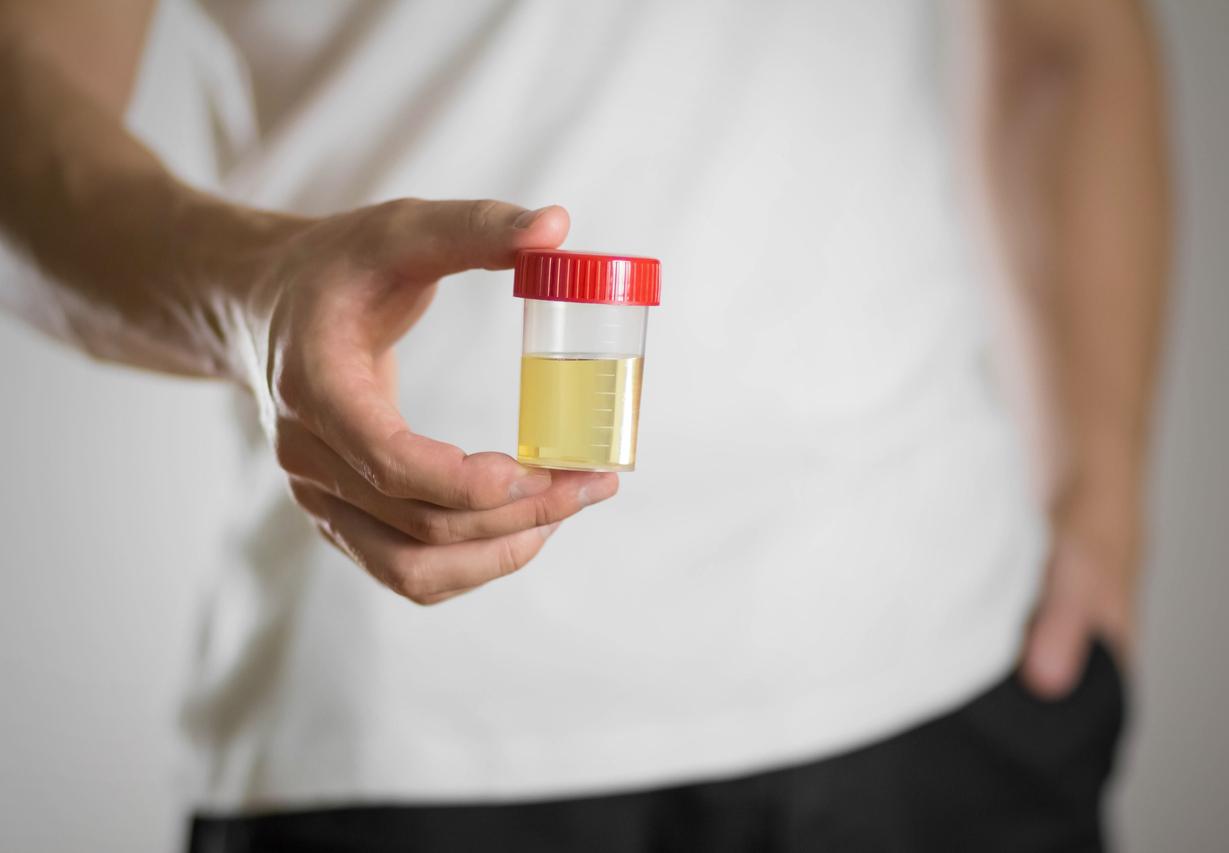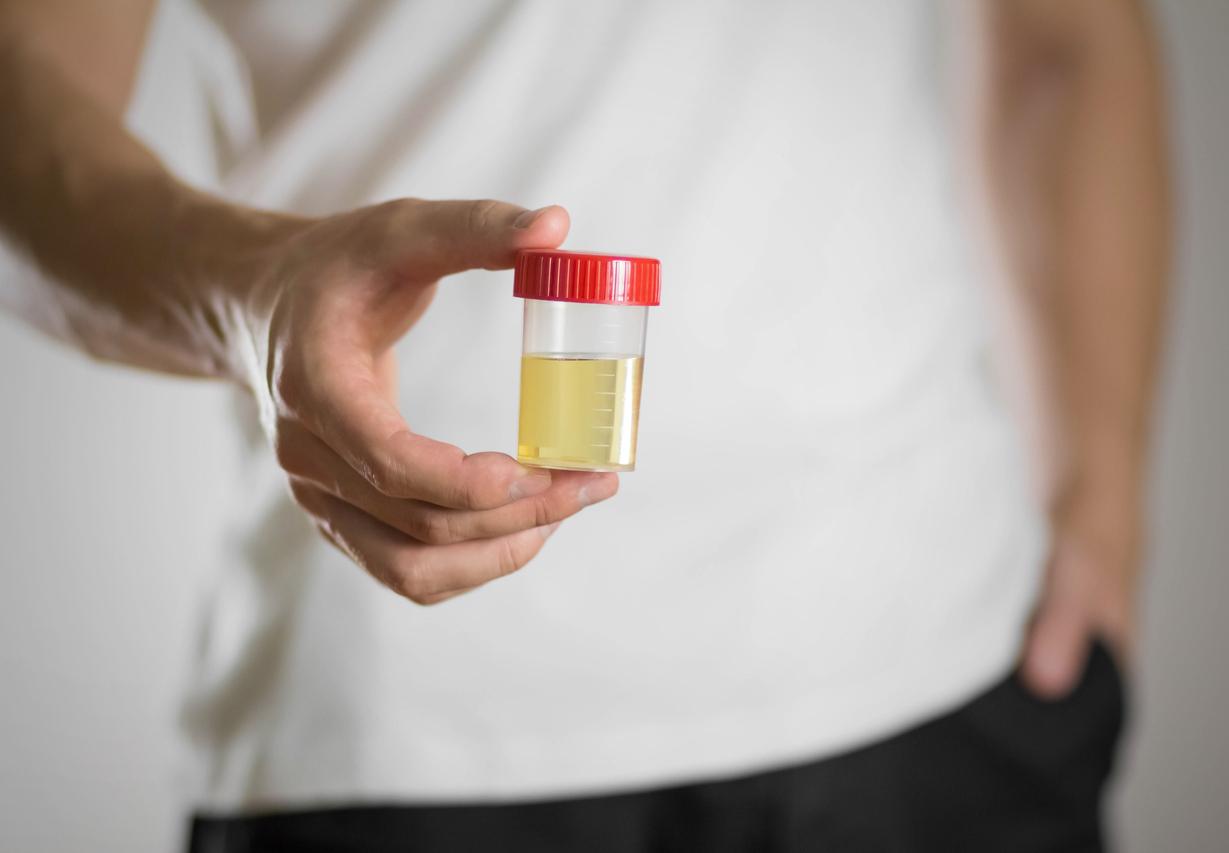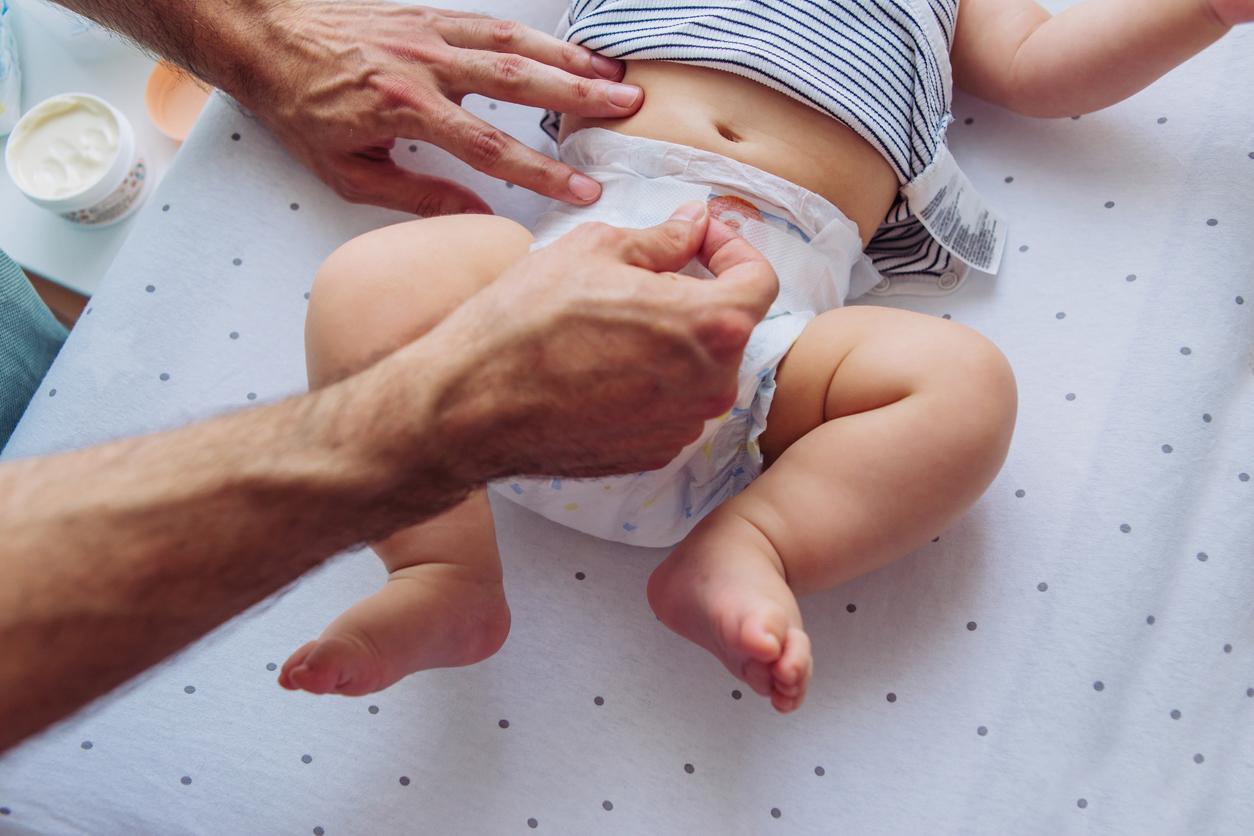
Urinary incontinence: one of the last taboos
It may well be one of the last taboos; unwanted urine leakage. And that while it happens very often. It affects one in four women aged 55 and older, as do seven percent of men this age. Talking about it is difficult, but necessary.
urine leakage is more common than hay fever, for example, but we rarely talk about it. Recent research shows that 21 percent don’t tell anyone about their problem. And less than 30 percent tell the partner that there is urine loss. Yet talking is necessary.
Sadness, shame, disbelief: unwanted urine loss causes a range of emotions. And if we don’t watch out, it will lead to enormous social isolation. Fear that others will smell the urine loss or that a toilet is not accessible can prevent someone from going out on the street.
There are people who no longer dare to exercise because they are afraid of losing urine or fear that others will see that they have urine stains in their clothing or use collection material. The same goes for dinners, shopping, vacations: people who suffer from urine loss can really dread this. They fear rejection or think that others think they are ‘dirty’. They increasingly withdraw from social life, resulting in loneliness.
So talking is important. With relatives to create understanding and with specialists to see what exactly is going on and what you can do about it. There is a good chance that you will meet people who also suffer from incontinence. It is indeed a common problem.
Inform yourself
When you know how your body works, it’s a lot easier to explain to a doctor what you think is wrong. An excellent way to prepare for a meeting with the GP is therefore to keep a ‘toilet diary’.
toilet diary
Making a toilet diary is simple: keep a note of how things are going two weeks before you go to the doctor. Write down everything about your drinking pattern: what exactly do you drink and when do you drink it. How is your urination pattern? When do you suffer from urine loss? Is that laughing? When lifting? Or do you lose bursts of urine throughout the day?
Preparation
If you find it difficult to talk about your urine loss, it is wise to write down the questions for the GP or specialist at home. Some frequently asked questions:
• Can what I eat or drink cause my urine leakage?
• Can my medicines cause urine leakage?
• What are the treatments to regain bladder control? Which is the best for me?









